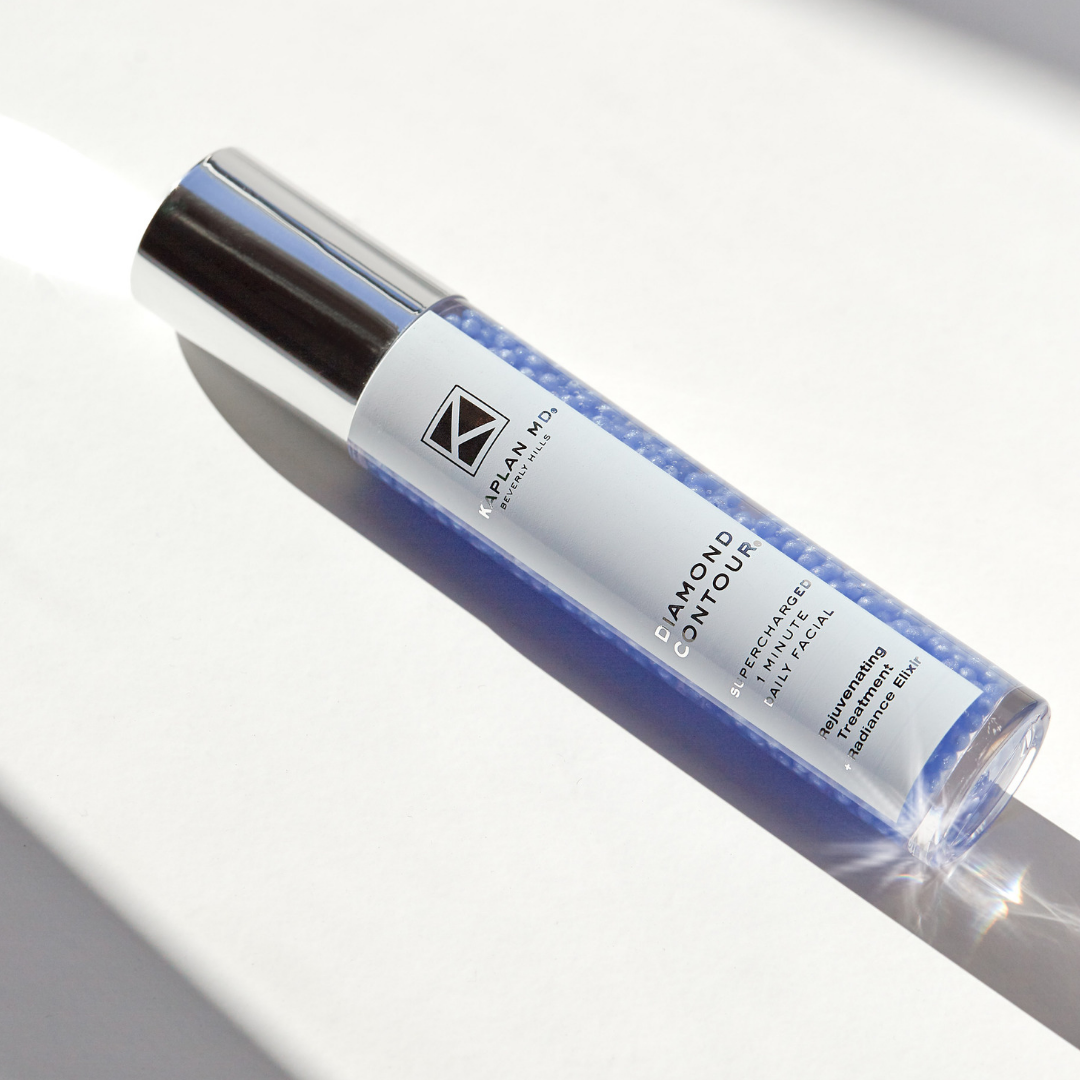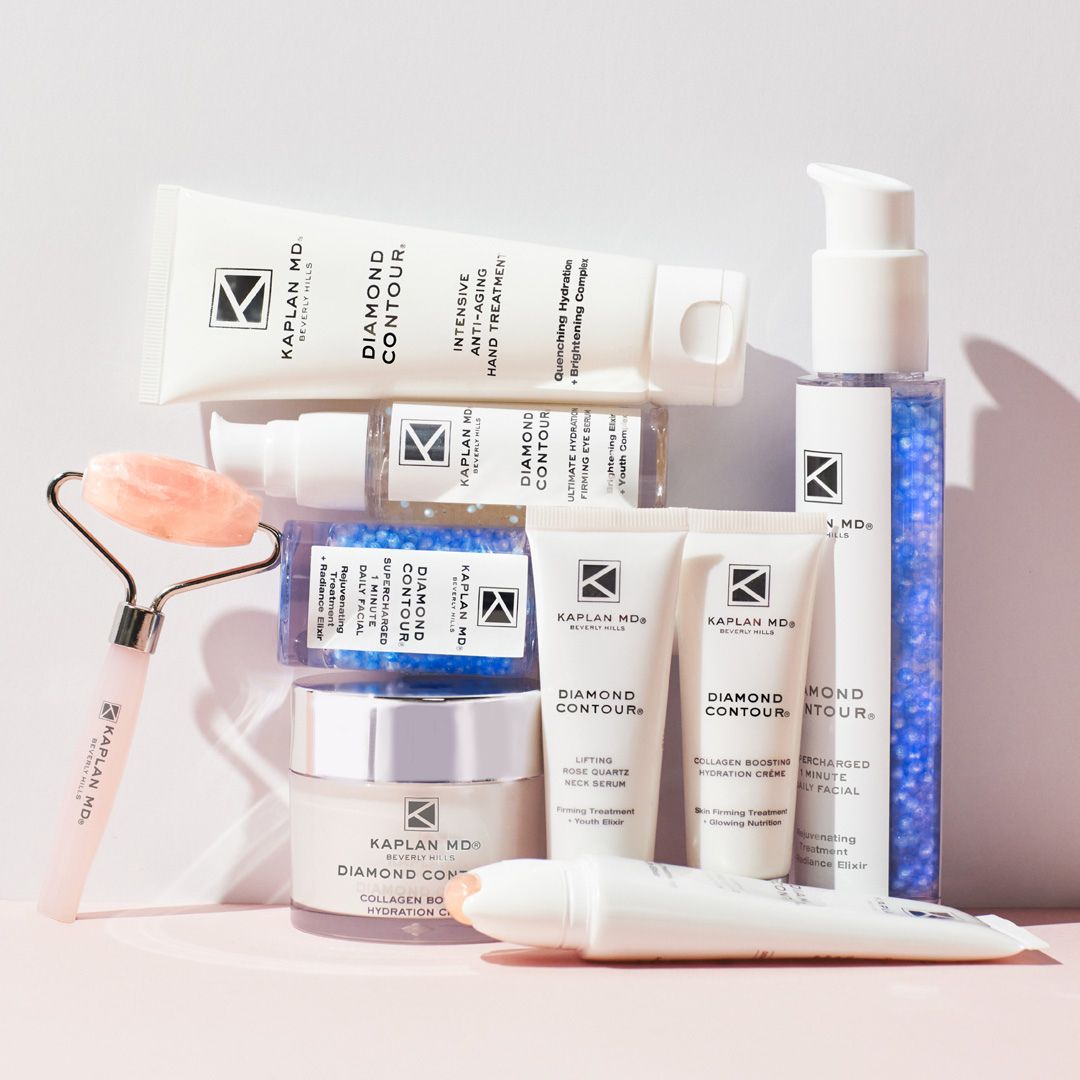Bestsellers
Collections
Once Nearly Eradicated, This Disease is Becoming Prevalent Again
March 22, 2018 4 min read

The Off the Record series features real-life excerpts from Dr. Kaplan's dermatology case files.
The patient, an adult male, presented with a rash on the palms of his hands. He said he also felt he had the flu.
As soon as I saw the rash, and asked a few questions, I immediately thought of syphilis. I knew that there are very few rashes that are specific for only the palms of the hands or the soles of the feet, meaning only a few diagnoses were possible. After a brief Q&A with the patient, I informed him I would need to take a blood test to rule out syphilis. He was resistant, insisting that he was not poor, not dirty, and could not possibly have this diagnosis. It took some effort, but he eventually agreed to the blood test.
The test came back positive for syphilis, which is caused by the bacteria, Treponema pallidum. When I called the patient, he was in disbelief because he was unaware that syphilis had become prevalent once again, after being nearly eradicated less than 20 years ago.
I am beginning to see more cases of syphilis in my private practice. I believe the increase is partly due to technology allowing the convenience of casual sex. But it is also due to lack of education about the disease, and the false notion that the disease no longer exists, which makes patients feel complacent. The problem is that syphilis does exist, and it’s easier to contract it than you think.
When a person contracts syphilis via sexual intercourse or skin-to-skin contact, the primary symptom is a painless sore or ulcer at the point of contact, usually in the genital, mouth, throat, or anal area. This painless sore, called a chancre, occurs 10 – 30 days after exposure. For men, a lesion on the penis is easy to notice. But if the painless sore occurs in a location that is not easily seen, such as the throat, vagina or anus, any chance for an early diagnosis can be missed. Therefore, women and gay men are more at risk for progression of the disease, and more serious complications.
The sore of primary syphilis will heal in 2 – 6 weeks, with or without treatment. This is one reason syphilis spreads so easily. It is human nature to believe that if a sore on the body resolves without treatment, it must be healed. That is why many people will not go to the doctor, and primary syphilis often goes undiagnosed. But the sore is contagious, and any direct contact with the sore, usually during sexual activity, will transmit syphilis to the next person.
Unfortunately, several weeks after the sore heals, the disease progresses to the next stage, called secondary syphilis. There is a specific rash that appears on the palms and soles that looks like rough red/brown spots. This is what I saw in my patient. Patients can also have fever, swollen lymph nodes, and aches and pains – just like the flu, which is exactly what my patient thought he had. A faint rash, sometimes not easily seen, can also occur on other parts of the body.
Secondary syphilis is the most contagious form of syphilis, and can be easily transmitted from person to person via skin to skin contact (actual intercourse is not necessary to transmit secondary syphilis). Like primary syphilis, the rash and symptoms of secondary syphilis will resolve with or without treatment. This is why the incidence of disease is increasing. Patients see the rash go away, and feel the problem has resolved. But without treatment, the infection will progress to latent and possibly tertiary syphilis, which can be fatal.
Even worse, syphilis can be transmitted from a pregnant women to her baby, since the bacteria can cross the placenta.
Once diagnosed, the treatment protocol for Syphilis is very simple, and even more advanced cases can be cured with 1-2 rounds of antibiotics. However, if internal damage has occurred, especially to the brain, this cannot be reversed.
It is very important to use protection during sexual intercourse to prevent all sexually transmitted diseases, and get tested regularly if you are having intercourse with multiple partners. I recommend my patients exchange STD test with their partner, before engaging in any sexual activity. If you notice an unusual rash, lesions or ulcers on your body, make an appointment to see a physician immediately in order to rule out syphilis. You should be started on a treatment protocol if you test positive. Always be diligent about your health and safety, since this disease has become prevalent again.
Stuart Kaplan, M.D. has been in private practice in Beverly Hills for over 28 years. His expertise in medical and cosmetic dermatology has made him one of the leading dermatologists in the nation, and has earned him worldwide recognition as a Skincare Authority.
Inspired by the needs of his patients, he created KAPLAN MD Skincare. As a dermatologist, Dr. Kaplan helps patients to feel comfortable in their own skin, while helping their skin communicate a beautiful story.
This is what KAPLAN MD is all about – Real skincare solutions made with integrity.
To learn more about KAPLAN MD, click HERE.
Also in Dermatology Blog
Get 15% Off Your First Purchase
Stay in the loop with exclusive discounts, expert skincare tips, the latest news, and more. Don't miss out on the opportunity to elevate your skincare routine and save on your favorite products.











